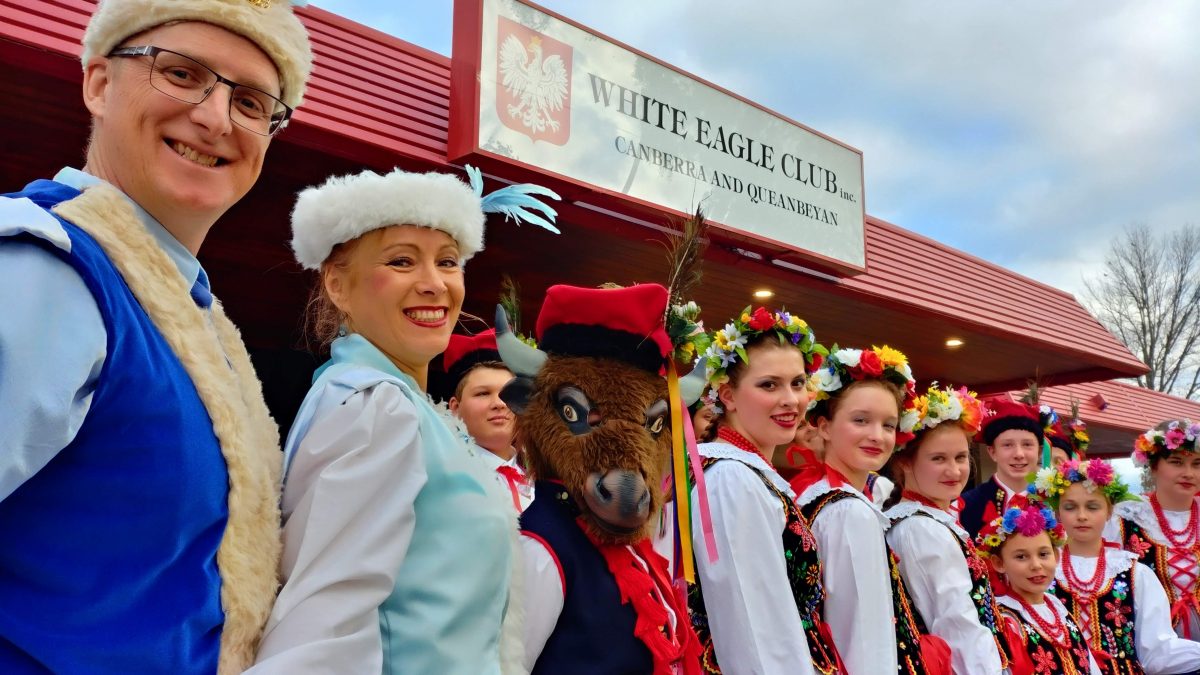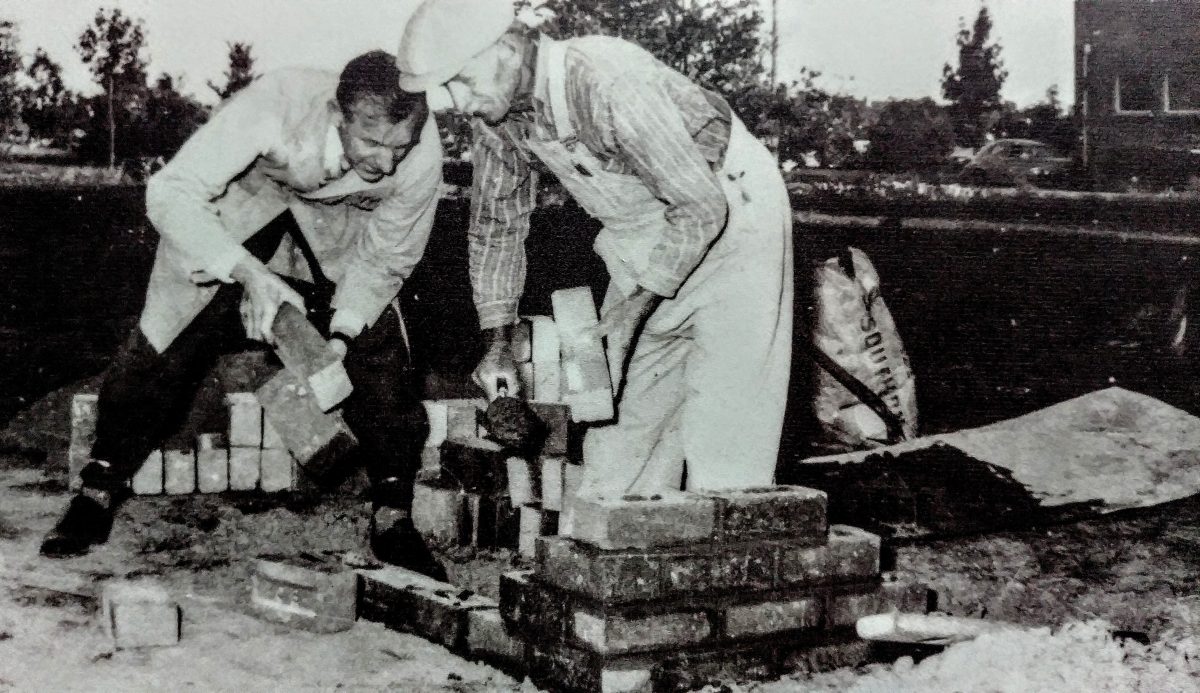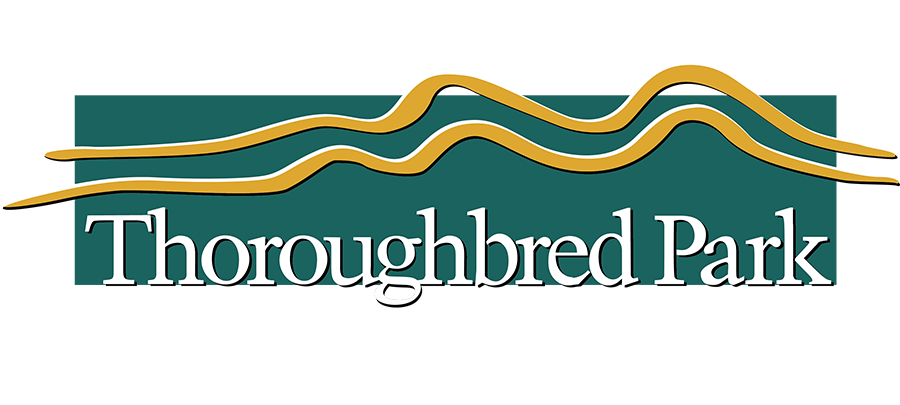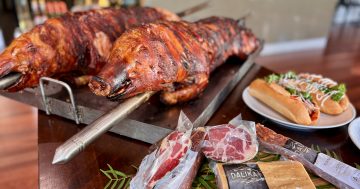
The Polish White Eagle Club’s ‘Wielkopolska Dance Group’ will perform at the festival. Photo: Andrew Bajkowski.
It’s been a full year of celebration for Canberra’s Polish community, and it’s not done yet.
This year marks 50 years since Cardinal Karol Wojtyla, who would later become Pope John Paul II, officially cut the ribbon to the Polish White Eagle Club in Turner.
So far into 2023, the club has already marked the anniversary with a number of events, including a gala ball in February and a festival in May.
This Saturday, they’re teaming up with the Australian Croatian Club next door for the ‘Late Spring Euro Bonanza’, where Canberrans are invited to “bask in the sunshine and enjoy a day of traditional European food, fun, stalls, live entertainment and much more”.
There’s a pre-Christmas market day, a New Year’s Eve event (still in the works) and a ‘Pierogi and Pint’ night full of dumplings and beer to go.
Andrew Bajkowski has been a member of the Polish White Eagle Club “pretty much my whole life” and describes himself as being of “Polish extraction”.
“My mother came directly from Poland, but my dad is actually from China, believe it or not,” he says.
“He was part of that expatriate Eastern Europe population that lived in Shanghai and then came to Australia from the late 1940s to 1950s.”

The Polish Club under construction. Photo: Polish Club.
The White Eagle wasn’t Canberra’s first Polish club. It was formed after a faction split from one in the city and established their own in the Nicholas Copernicus House in Turner, a building designed by Italian-born architect Dr Enrico Taglietti (the man behind the Dickson Library, the Italian Embassy and Woden Youth Centre, to name a few).
“At one stage, there were three clubs,” Andrew explains.
“A lot of the Poles came up after the Snowy Hydro Scheme was built. The next major instalment of Commonwealth nation-building was the development of the nation’s capital, so we ended up with so many different nationalities from Eastern Europe setting up their own clubs and associations because a lot of them were skilled craftspeople and builders.”
This gave Canberra the highest number of these clubs in Australia per capita, even if many have since shut down as connections fade with the younger generations. The White Eagle, however, has seen rapid growth since 2007 – the year they got rid of the poker machines.
Since then, it’s become one of the capital’s most important live music venues.
“The pokies were just becoming too onerous in terms of what you need to do to comply with everything versus the amount of money they were bringing in,” Andrew says.
The club now numbers “a few hundred” faithful members, even if many don’t actually hail from Poland.
“The majority of our business has nothing to do with the Polish community,” Andrew says.
“It’s the wider Canberra community. I think they look at the club as preserving European style … It’s one of the few places in Canberra that does that … Not an awful lot has changed in terms of the interior of the building over the decades either, so that’s quite appealing to people.”
The ‘Late Spring Euro Bonanza’ will be held from 11 am to late on Saturday, 18 November, at the Polish White Eagle Club, 38 David Street, Turner. Visit the website for more information.













